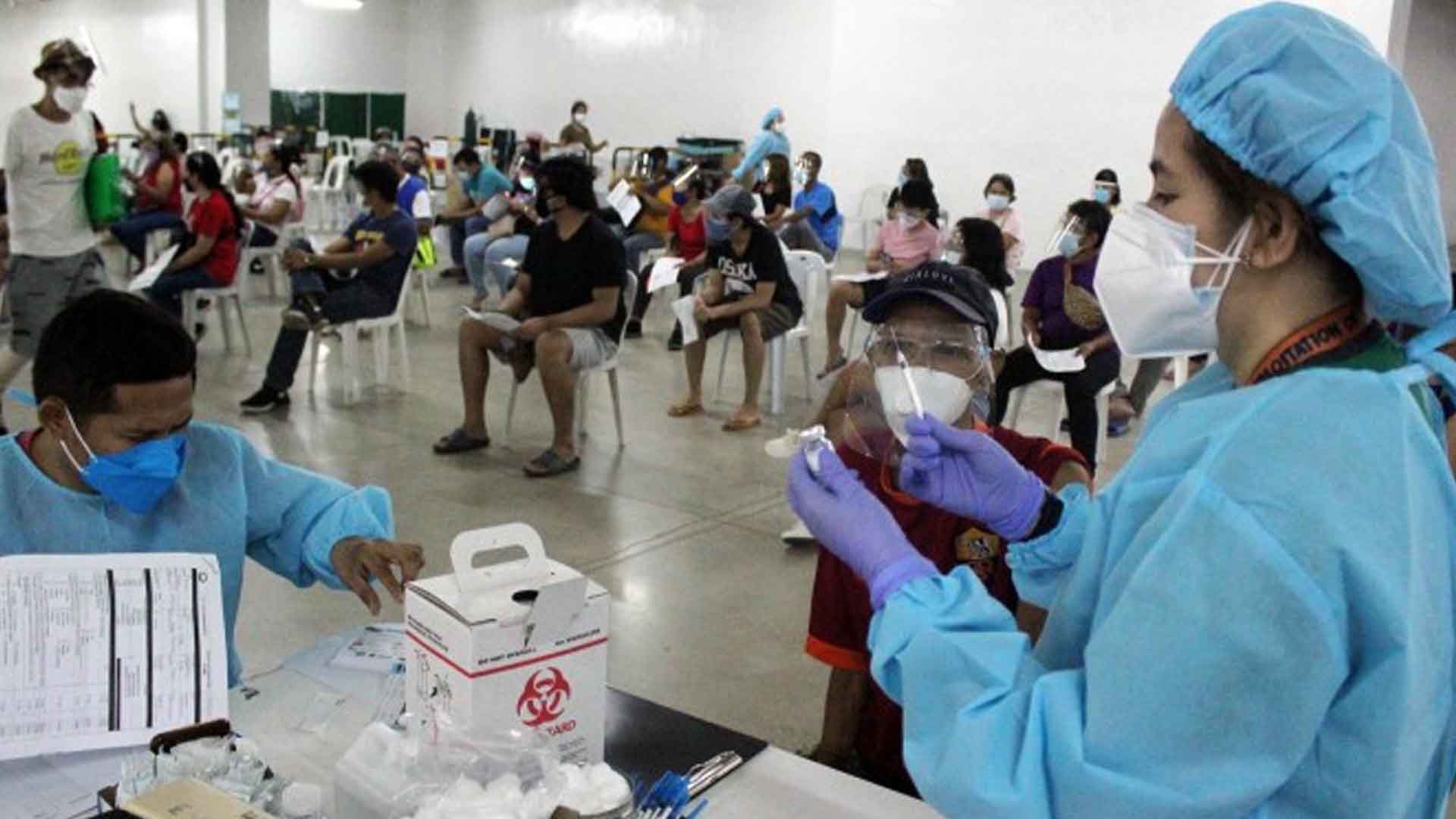Republic Act 9173 or the Philippine Nursing Act of 2002 must be amended to provide qualified nurses with expanded and collaborative roles.
Senator Francis Tolentino said on Friday that increasing the ranks of better trained, better compensated, and better appreciated nurses will play a vital role in the Universal Health Care law.
He recently filed Senate Bill No. (SB) 1447 that introduces a new provision to the law, the Advanced Practice Nurse (APN), which refers to a nurse “who has acquired substantial level of theoretical knowledge and decision-making skill in a specialty area of nursing practice and demonstrated proficiency in clinical utilization of such knowledge and skill in providing expanded and collaborative expert care from a recognized higher educational institution, aside from being a board passer.”
The bill authorizes the practice of the so-called “Agreed Upon Based Care” which is a mutually agreed upon patient care made by an APN and approved by the primary physician in charge, through teleconsultation or other means of communication, after evaluation of the case referred, but limited only to circumstances during an emergency such as in absence of a physician in the area to physically assess the patient or lack of an available physician due to inaccessibility of the area.
“With the nurses comprising the great majority of the health care industry, both in the institutional and community levels, utmost priority should be given to their needs in order to boost the morale of our Filipino nurses,” Tolentino said in a statement.
SB 1447 also seeks to provide improvements in the practice of the nursing profession by instituting measures to promote comprehensive and relevant nursing practice standards, ensure decent working conditions, and support the professional growth of nurses.
“With what they’ve experienced in this recent pandemic, our nurses have felt the great disparity in terms of working conditions as well as in their compensation and benefits when compared to that of their foreign counterparts,” Tolentino explained, noting the continued migration of Filipino nurses to other countries.
“Thus, a clamor for a new and improved nursing law is in place especially in these critical times when Filipinos are in need of the expertise of our own nurses, who are sought after abroad,” he added.
Tolentino’s bill includes a provision mandating the crafting of a Philippine Professional Nursing Roadmap, to provide a sound, long-term strategy with clear objectives and action plans to further promote the nursing profession in the country, thereby ensuring the culture of excellence and dynamic leadership for Philippine nursing.
RA 9173 amended RA 1764 or the Philippine Nursing Act of 1991 with the intention of providing a comprehensive definition to the nursing profession.
It created the Professional Regulatory Board of Nursing to conduct the licensure examination for nurses; issue, suspend or revoke certificates of registration for the practice of nursing; monitor and enforce quality standards of nursing practice and exercise the powers necessary to ensure the maintenance of efficient, ethical and technical, moral and professional standards in the practice of nursing taking into account the health needs of the nation; and ensure quality nursing education by examining the prescribed facilities of universities or colleges of nursing or departments of nursing education and those seeking permission to open nursing courses.
The Board also conducts hearings and investigations to resolve complaints against nurse practitioners for unethical and unprofessional conduct and violations. (PNA)







